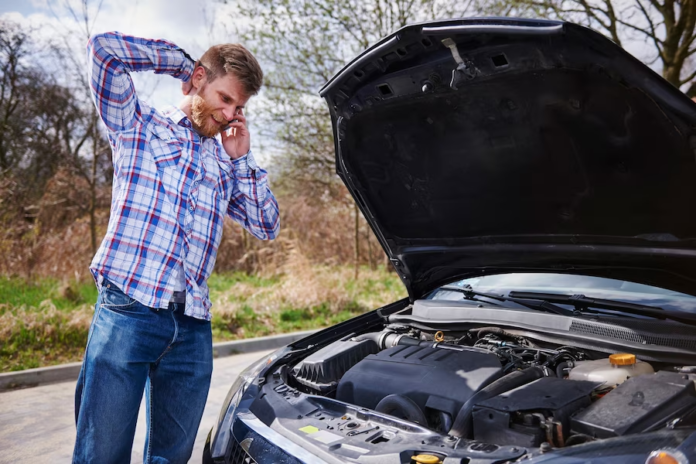As a car owner, it is important to be able to identify the signs of a blown engine. A blown engine can be a costly repair, and early detection can save you time and money. In this article, we will discuss how you can identify the signs of a blown engine.

What Causes an Engine to Blow?
Before we delve into the signs of a blown engine, it’s important to understand what causes an engine to blow. The most common causes of a blown engine are overheating, low oil levels, and a lack of maintenance. When an engine overheats, it can cause the metal components to expand and warp, which can cause irreversible damage. Low oil levels can cause the engine to run dry, which can cause excessive wear and tear on the engine components. A lack of maintenance can also cause a blown engine, as regular maintenance helps to keep the engine running smoothly and catch any potential issues early on.
Signs of a Blown Engine
1.Loud Engine Noise
One of the most common signs of a blown engine is loud knocking or tapping noises coming from the engine. This noise is caused by the metal components in the engine grinding against each other due to a lack of lubrication.
2.Smoke from the Exhaust
Smoke from the exhaust can be a sign of a blown engine. A blown engine can cause oil to leak into the combustion chamber, which can cause smoke to come out of the exhaust. The smoke may be blue or gray in color.
3.Decreased Power and Acceleration
A blown engine can also cause decreased power and acceleration. You may notice that your car is slower to respond when you press the accelerator, or that it doesn’t have the same power it used to.
4.Engine Warning Light
If your engine warning light is on, it could be a sign of a blown engine. The engine warning light can be triggered by a variety of issues, including a blown engine.
5.Engine Won’t Start
If your engine won’t start, it could be a sign of a blown engine. A blown engine may prevent the car from starting altogether.
What to Do if You Suspect a Blown Engine
If you suspect that your engine is blown, it’s important to take action right away. Continuing to drive a car with a blown engine can cause further damage and can be dangerous. Here are some steps you can take:
1.Turn off the Engine
If you suspect that your engine is blown, turn off the engine immediately. Continuing to drive the car can cause further damage.
2.Check the Oil Level
Check the oil level in your car. If the oil level is low, adding more oil may help to prevent further damage to the engine.
3.Call for Assistance
If you’re unable to diagnose the issue on your own, call for assistance. A professional mechanic can help to diagnose the issue and provide advice on the next steps.
4.Consider Repair or Replacement
If your engine is blown, you’ll need to consider repair or replacement. Repairing a blown engine can be costly, and in some cases, it may be more cost-effective to replace the engine altogether.
Conclusion
In conclusion, a blown engine can be a costly repair, and early detection is key to minimizing the damage. If you notice any of the signs of a blown engine, it’s important to take action right away. Regular maintenance can help to prevent a blown engine, so be sure to keep up with your car’s maintenance schedule.



